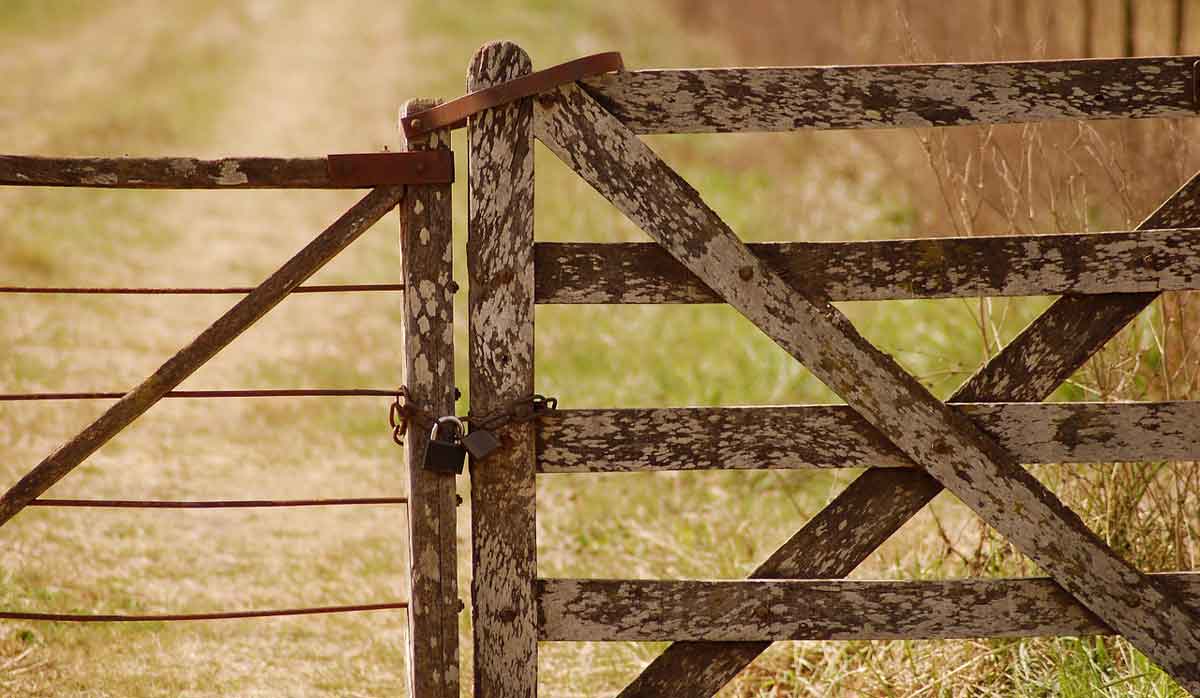NZ Catchment Groups Thrive with ‘Source to Sea’ Approach
The most successful catchment groups in NZ are those that have 'a source to sea' approach.
More than a quarter of NZ’s dairy farmers have debt to equity ratios of more than 70%.
Some have as little as 4% equity in their properties.
These facts are contained in the latest Ministry for Primary Industries situation and outlook report. It warns that with such high debt levels, owners of these farms may not be able to meet the challenges and changes which lie in store for the sector.
The report paints a generally rosy outlook for the sector as a whole. It expects dairy export revenue to rise and a combination of factors likely to lead to high farmgate milk prices and robust profitability for the coming season. However, the report devotes an entire section on the debt issue.
It notes that over the last two decades, conversions and profitability have resulted in a 20% increase in the country’s dairy platform, a 25% increase in the size of the dairy herd and 58% increase in total milksolids production. But this, the report says, has come at a price with dairy farm debt increasing by 267% since 2003 – resulting in total dairy sector debt now standing at $41.4 billion.
In a section headed ‘financial vulnerability in the dairy sector’; the MPI report notes that while the use of debt to fund business and industry growth can play an important role in economic success. But says it appears that with this expansion, the risk level has in the dairy sector has increased significantly.
The report notes, for example, that the average debt per hectare on dairy farms now stands at $23.6k – three times what it was 20 years ago. It also points out that despite low interest rates in recent years, the annual cost of servicing debt from production has risen 11 cents to the present $1.22/kgMS.
 |
|---|
|
The average debt per hectare on dairy farms is now three times what it was 20 years ago. |
It adds that this sets the stage for problems in the future for those farming operations that are heavily indebted to meet the suite of environmental requirements that are already in place or have been signalled by the government.
These include the ability to invest in technology and infrastructure to reduce the sector's impact on freshwater quality and climate change. Consequently, MPI is predicting limited intensification and a reduction in the size of the national milking and herd size.
To add to the woes of some farmers, news that most banks are pulling back from the sector and requiring the active repayment of loans will also have consequences.
The Reserve Bank’s announcement just before Christmas requiring banks to hold more capital is set to put a squeeze on credit to farmers.
New Zealand and Chile have signed a new arrangement designed to boost agricultural cooperation and drive sector success.
New DairyNZ research will help farmers mitigate the impacts of heat stress on herds in high-risk regions of the country.
Budou are being picked now in Bridge Pā, the most intense and exciting time of the year for the Greencollar team – and the harvest of the finest eating grapes is weeks earlier than expected.
The Real Estate Institute of New Zealand (REINZ) has released its latest rural property report, providing a detailed view of New Zealand’s rural real estate market for the 12 months ending December 2025.
Rural retailer Farmlands has released it's latest round of half-year results, labeling it as evidence that its five-year strategy is delivering on financial performance and better value for members.
OPINION: "We are back to where we were a year ago," according to a leading banking analyst in the UK, referring to US president Donald Trump's latest imposition of a global 10% tariff on all exports into the US.

OPINION: A mate of yours truly reckons rural Manawatu families are the latest to suffer under what he calls the…
OPINION: If old Winston Peters thinks building trade relations with new nations, such as India, isn't a necessary investment in…